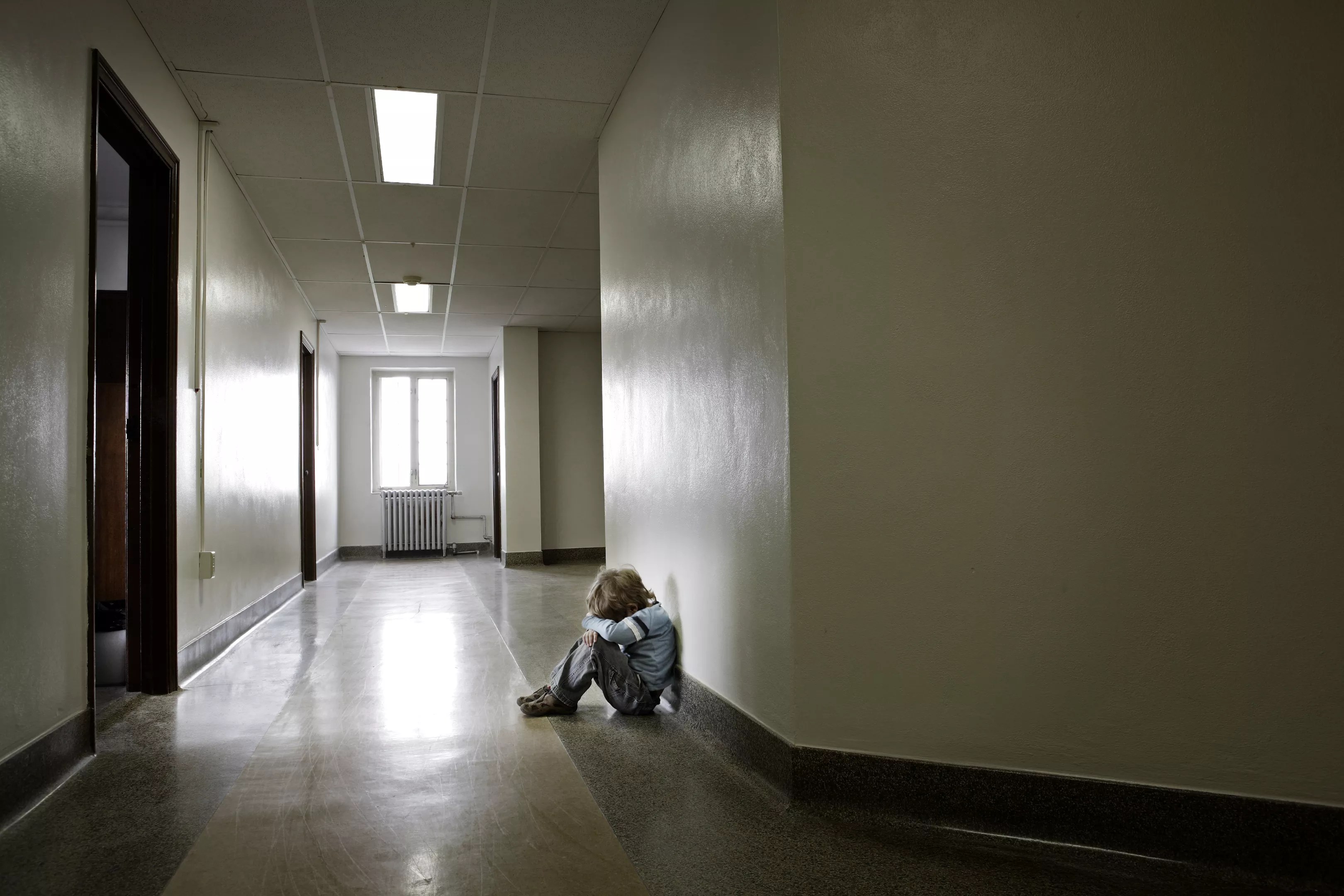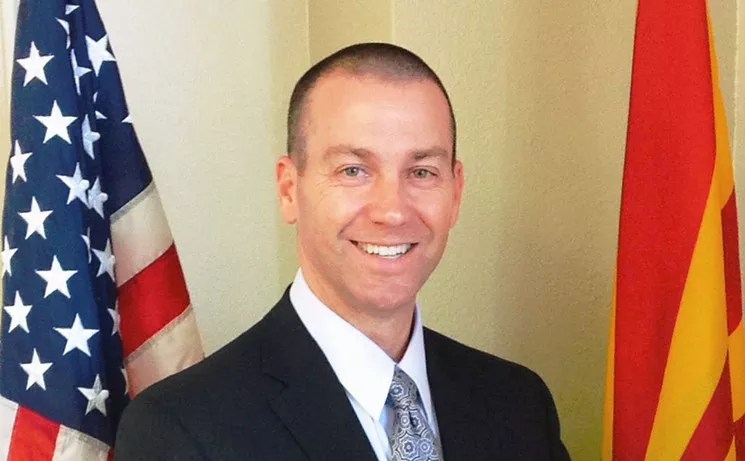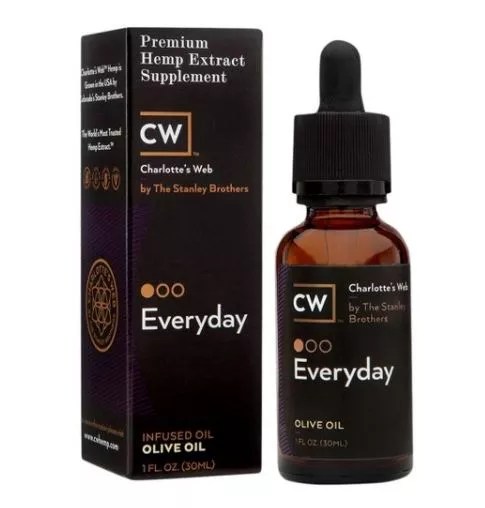
Suzanne Tucker

Audio By Carbonatix
Two weeks ago, Phoenix resident Rebecca Masterson took in a kid who desperately needed a home.
The 16-year-old boy has no parents and has “anger issues” from a life of neglect, she wrote on her personal blog on September 1. She met him earlier this year after choosing to become a foster parent.
Arizona could use more people like Masterson. The state Department of Child Services listed more than 18,000 children in out-of-home placements last year, with about 6,500 with licensed foster parents and another 7,500 in kinship placements. The Arizona Children’s Association says there is a “critical need” for more foster parents.
The teen moved into Masterson’s home under a kinship placement, even though they’re not related. Masterson is an attorney who lives comfortably. But she soon applied for an official foster-care license, which comes with a monthly stipend – paid for with state and federal money – for food, clothing, school supplies, and other needs.
“The state basically said … we don’t think you’re suitable to be a licensed foster parent because you buy a supplement online that really helps your child. No license for you.” — Rebecca Masterson
“The stipend would be helpful as my grocery bill has doubled and the teenager came with four garbage bags of clothes, three of which were too small,” Masterson wrote. “What I don’t need would go into an account for Johnny to use when he’s older.”
She’s not getting the license or the stipend.
The state DCS rejected her after she admitted she was a registered caregiver under the state’s medical-marijuana law and kept a product in her home that contained cannabidol (CBD), a non-psychoactive compound that’s found in cannabis.
Yet the product, along with all other forms of cannabis, is perfectly legal for qualified users and caregivers under the state’s voter-approved, 2010 medical-marijuana law.
The CBD tincture isn’t for her – Masterson said she doesn’t use cannabis in any form. She obtained it from a dispensary for her 12-year-old son as a last-ditch attempt to control what she described in her blog as “tics.”
“And when I say ‘tics,’ I mean he was punching himself in the face so hard that I had to wrap his hands up in bandages because I was legitimately scared he would break his nose,” she wrote.
Masterson declined to be interviewed for this article, but said she didn’t mind if the Phoenix New Times excerpted her blog posts. Her son didn’t want to see extensive quotes from her about him, she said, and she is honoring his request.
But she wants the public to know about the state’s decision.
The DCS apparently also wants people to know of its policy. On September 7, the DCS updated its policy regarding medical marijuana and foster-care licensing, the day that New Times contacted the agency to ask about it.
DCS spokesman Darren DaRonco said the agency has had an anti-marijuana policy in place since 2011 that prohibits it from issuing foster-care licenses to anyone who uses or possesses marijuana. DaRonco said the DCS does not ban prospective foster-care parents who have state-issued medical-marijuana cards – just the parents who actually use or possess medical marijuana or its extracts.
The policy update, which will be sent to all foster-care providers, reminds the public of the ban and specifically prohibits cannabis compounds like CBD, which the U.S. Drug Enforcement Agency deems a Schedule One drug – like other forms of marijuana.
DaRonco would not say if Masterson’s September 1 blog post spurred the update, but did acknowledge that the agency began working on the update that day.

Arizona Department of Child Safety Director Greg McKay.
Arizona Department of Child Safety
Masterson canceled her medical-marijuana caregiver card after being told by DCS caseworkers that she couldn’t have a foster-care license. She didn’t need it, she wrote. She had tried a THC-based oil – which can only be purchased by authorized caregivers or patients in a dispensary – in trying to control her son’s tics, but it hadn’t worked.
The CBD tincture did work, and she found that she could buy a product with CBD online from stores like Target, making the card unnecessary. It’s unclear, though, whether the product she uses now, Charlotte’s Web Everyday Pure Hemp Extract Oil, is legal. The U.S. Drug Enforcement Agency claims it is not.
“The State basically said,” she wrote on her blog, “sorry, you crazy lawyer with an adopted son and all this special needs and attachment experience, even though you’re the only person willing to open your home to this 16-year-old boy in the system, and even though he is already living in your home, we don’t think you’re suitable to be a licensed foster parent because you buy a supplement online that really helps your child. No license for you.”
State rules on foster-care licensing preclude cannabis consumers – including state-authorized medicinal users – because cannabis possession and use violates federal law, DaRonco said.
Arguably, though, that’s not a wholly legitimate excuse for a blanket prohibition on licenses for the state’s 120,000-plus medical-cannabis patients. Most of the patients are of parenting age – over 30 – and conceivably, some would make fine foster-care parents.
Arizona courts have ruled consistently that the state medical-marijuana program does not conflict with federal law. Just Tuesday, the Arizona Supreme Court refused to hear an appeal by Maricopa County Attorney Bill Montgomery in a case against a Sun City dispensary that is based on an alleged federal-law conflict.
Montgomery and DCS Director Greg McKay are allies, which could explain the hard line taken against cannabis patients. Montgomery helped McKay get his job at the Office of Child Welfare in 2012 at the former state Child Protective Services. And after DCS was formed in 2014 to replace CPS, Montgomery reportedly had problems with the DCS director at the time, Charles Flanagan. Governor Doug Ducey soon replaced Flanagan with McKay, a former Phoenix police veteran.
In other states where cannabis is legal for use, medicinal or otherwise, there is no statewide prohibition on cannabis consumers from becoming foster-care parents.

Charlotte’s Web hemp extract, which contains cannabidiol, is sold on Target’s website. Rebecca Masterson said the product helps her son.
Target
California, Oregon, and Colorado, for example, all allow foster-care licensing for cannabis consumers who are otherwise qualified.
California likens cannabis to alcohol when it comes to foster parents, said Michael Weston, spokesman for the state’s Department of Social Services.
Oregon treats medical cannabis like prescription drugs, said a state worker who asked to remain anonymous because he wasn’t authorized to speak to the press. A prospective foster parent could be banned because of suspected abuse, he explained, but not simply because the medical-cannabis patients consumes cannabis.
Still, Oregon’s Department of Health Services website states that medical-marijuana users are only approved as certified foster parents in “very limited circumstances.” State caseworkers need to ask such prospective parents questions about how they use cannabis, how it’s stored in the home, and whether the underlying condition being treated by cannabis could interfere with the ability to take care of the foster child.
Sherry Owens, executive director of the Colorado Foster Care Association, said the decision is left up to bureaucrats in each of her state’s 64 counties. Some Colorado counties won’t license cannabis consumers, just as some counties don’t authorize cannabis sales, she said. The counties that do approve parents who consume cannabis maintain the right to reject the parent “if they don’t cut the mustard” for any reason.
DaRonco said that “denying a foster license based solely on medical marijuana is extremely rare” in Arizona, but he didn’t have any statistics on the subject.
“Arizona is grateful for our thousands of licensed and unlicensed foster homes, both providing safe, family environments for children to grow and thrive,” DaRonco said after consulting with DCS licensing officials.
“Licensing of foster homes … is regulated by state and federal law. State rules require that foster parents comply with all laws. In cases of foster parent applicants who use or possess marijuana, with or without a card, DCS may not license them, due to the known federally controlled substance in the home. We are simply complying with the law while keeping children safe to the best of our ability.”
The state doesn’t have the same reservations about cannabis for typical parents:
“The DCS Specialist and his/her supervisor may not restrict or deny contact or visitation between the child and a parent who is a qualifying patient because the parent uses and/or cultivates marijuana for his/her medical use,” according to state rules.
Rules for kinship placements, which make up the majority of out-of-home placements for children removed from their home, are also less restrictive about cannabis, DaRonco said.
“An unlicensed placement may, or may not, have medical marijuana in the home, depending on such factors as the age of the child and whether the family can safeguard the marijuana from the children,” he said. “So a child may be considered safe with someone who uses medical marijuana if certain conditions are met. This placement is a DCS recommendation that must be confirmed by the court.”
Although the state refuses to license foster parents who are also state-authorized cannabis consumers, it’s up to the prospective parents to disclose their use interviews with DCS. The process of becoming licensed takes about six months, state data shows.
The database containing the names and other information about the state’s 120,000-plus medical-marijuana patients cannot be searched by name. Police and other officials checking on the validity of a patient’s card must obtain the card number.
As Masterson learned, the difference between the stipend paid for a kinship placement versus a foster-care license can be considerable. Kinship providers get about $164 per month from the state for a single children; foster-care parents receive about $20 to $22 a day, per child, plus extra money for various expenses.
Masterson said she has asked the agency to reconsider its decision not to license her and is awaiting a reply.